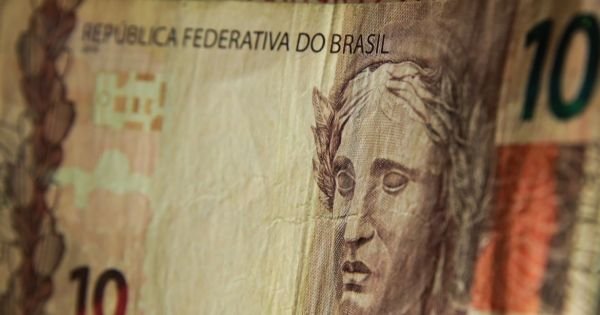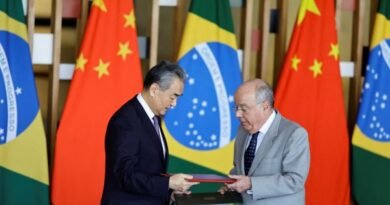Brazilian June inflation reaches record low; interest rate fall anticipated in August
[ad_1]
Brazilian June inflation reaches record low; interest rate fall anticipated in August
The annual inflation rate is now below the bank’s 3.25% target for this year while underlying measures of inflation also saw drops on the month.
Brazil’s annual inflation released on Tuesday showed consumer prices rose 3,16% year to year, down from 3,94% in May. This means annual inflation has dropped from the 12,13% peak in 2022 clearing the way for the central bank to begin cutting interest rates at its next meeting.
This should help calm Brazilian president Lula da Silva who has pledged to deliver growth and prosperity in his third term and has been furious with the independent central bank for its autonomous expensive money policy. Since returning to power in January, Lula da Silva has clamored for lower interest rates.
The annual inflation rate is now below the bank’s 3.25% target for this year while underlying measures of inflation also saw drops on the month.
“Slight deflation in the headline print — driven by falling food and transportation costs — brought year-over-year rate below target for the first time in nearly three years. The June data tip the scale toward an August rate cut, in our view,” said Adriana Dupita, Brazilian economist.
Despite signs its strategy is paying off, central bank board members remained cautious at their last gathering in June and held the Selic at a six-year high of 13.75% for a seventh straight meeting.
Inflation is easing across Latin America, where central bankers moved aggressively to contain prices in the aftermath of the pandemic. Brazil, however, is the only major economy in the region to see consumer prices rising less than its annual target.
In June, food and beverage prices dropped 0.66% — pulled down by falling soft commodity prices and a stronger real — and transport costs fell 0.41%. They were both the main drivers of the monthly decline in prices. Meanwhile, education costs rose 0.06% and personal expenses gained 0.36%.
Even if inflation is widely expected to accelerate again in the coming months, the argument for holding borrowing costs steady is becoming harder to make. Credit is drying up for regular Brazilians and businesses, demand is falling and Lula and his team rage at the central bank chief, Roberto Campos Neto, almost daily.
“Inflation is falling and soon the interest rate will start to drop because the president of the central bank is stubborn but has no further explanation,” Lula said as the data was released.
Analysts have pointed to elevated readings of inflation that strip out volatile items like food and fuel to explain the central bank’s reluctance to start easing. Tuesday’s reading showed the year-over-year inflation slowed for most price groups tracked by the official statistics agency.
“Price pressures appear to have eased quite broadly,” William Jackson, Chief Emerging Markets Economist at Capital Economics, wrote in research note published after the report. “Today’s data will seal the deal on an interest rate cut at the next central bank meeting.”
In the longer term, Brazil’s monetary policy may be heading for a less restrictive future. Last week, the Senate approved two of Lula’s nominees — Gabriel Galipolo and Ailton Aquino — to the central bank’s nine-member board of directors.
Previously the No. 2 at the Finance Ministry, Galipolo is considered by many political observers to be Lula’s next central bank chief in waiting when Campos Neto’s term concludes at year-end 2024. Critics say he will focus less on bringing down inflation and more on pursing the leftist president’s agenda.
For his part, Galipolo has pushed back on that assessment, saying his mission will be to diffuse tensions between the bank and president. “My role is to establish dialogue and build bridges,” Galipolo told Folha de Sao Paulo.
[ad_2]
Source link




